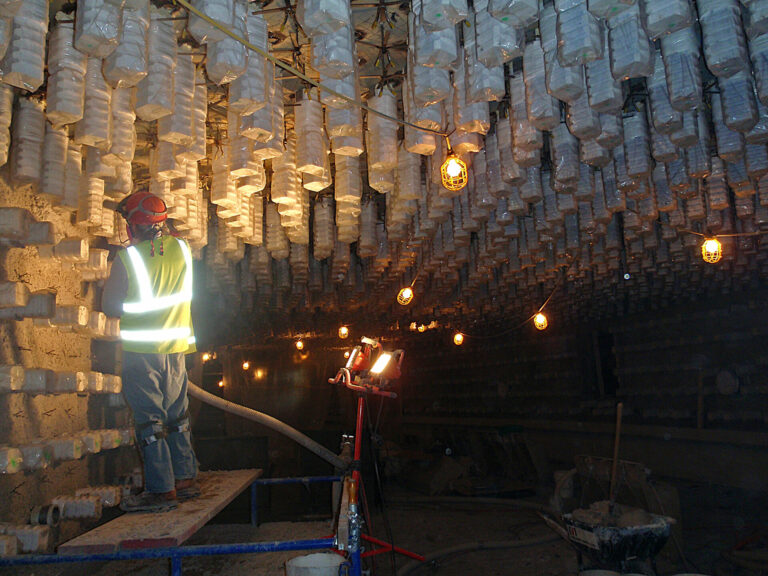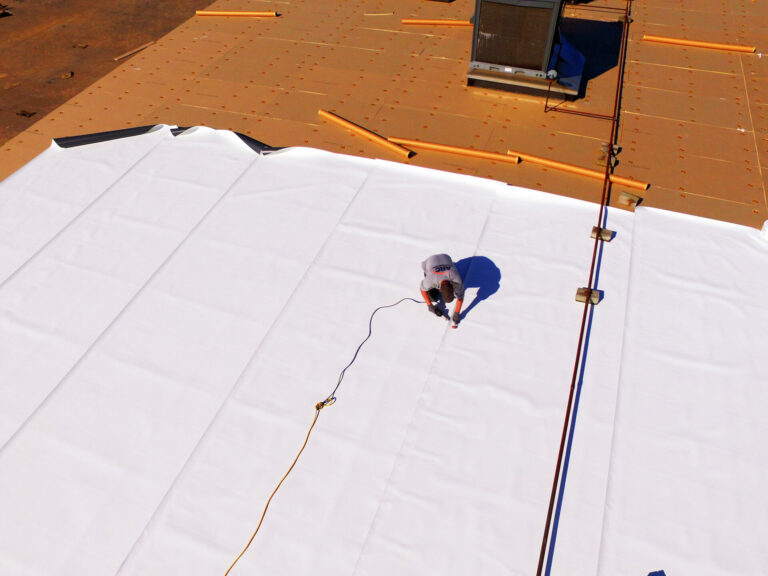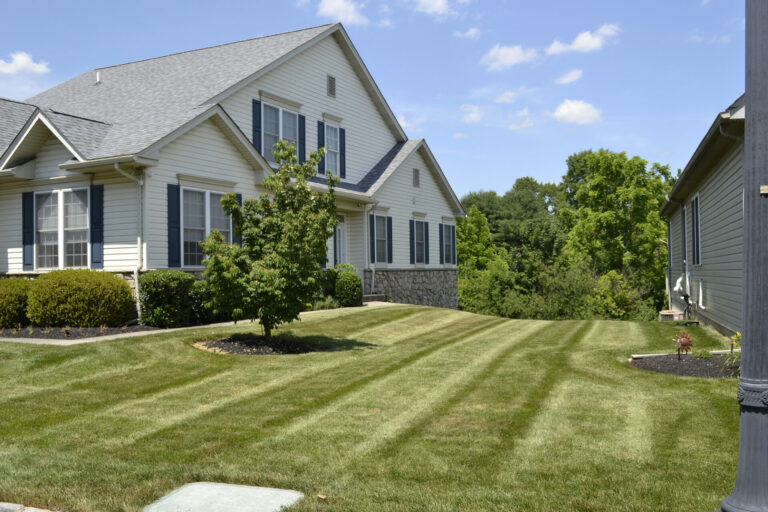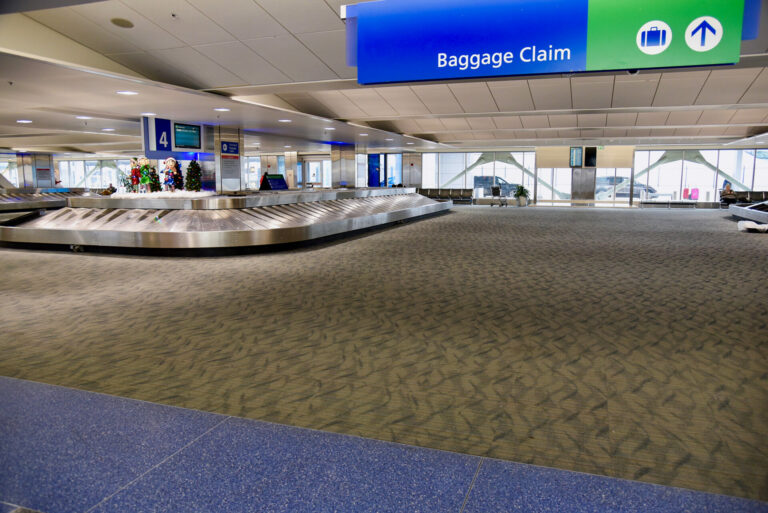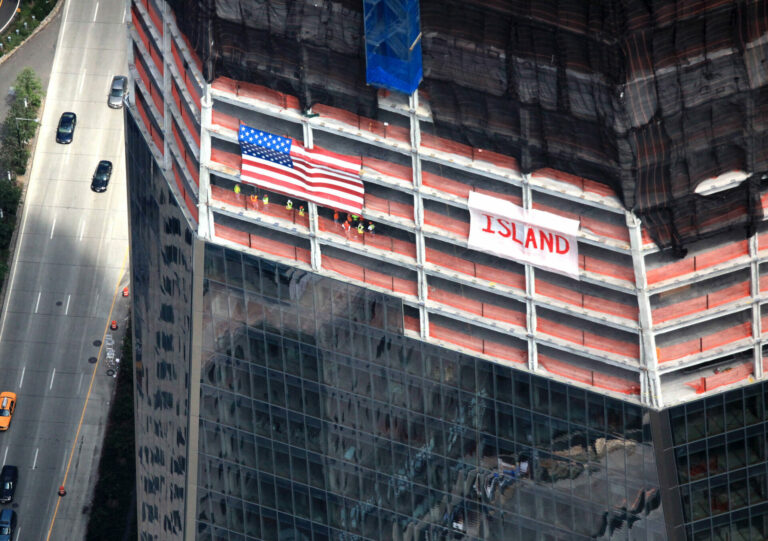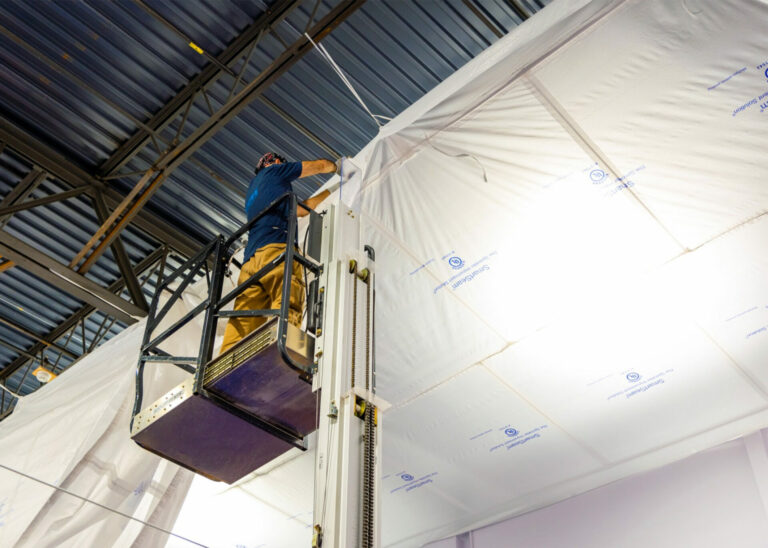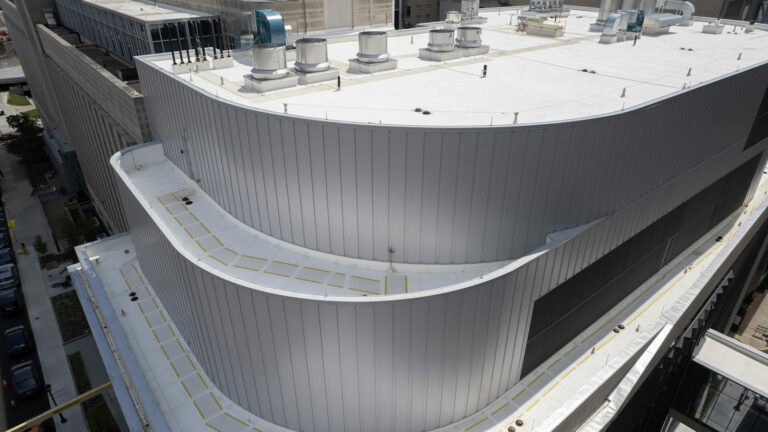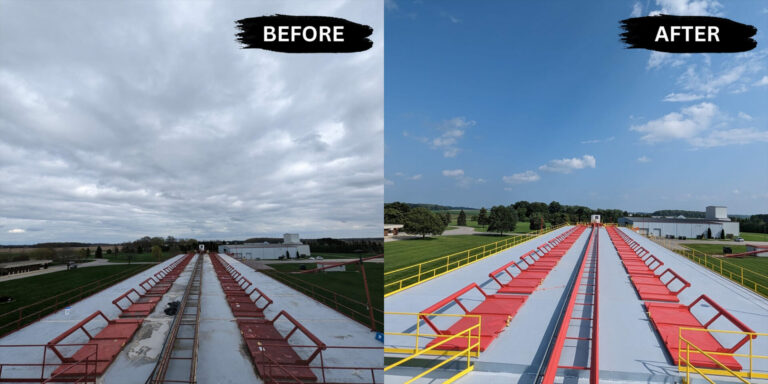With many business leaders increasingly focused on sustainability and responsible practices, companies that prioritize environmental stewardship and local communities stand out for their unique approach. Ecora is one such company, blending genuine environmental commitment with meaningful partnerships with First Nation communities. Launched in 2010 by Kelly Sherman and his business partners Dan Bernier, Dave Myers and Shikun Ran, Ecora began as a forestry and environmental services firm before expanding into the engineering space. “We were all with a company that had been around for 40 years,” says Sherman. “Some of us started to feel that they’d changed their direction and lost focus on the people and relationship side of the business.”
After striking out on their own as a strategic forestry and environmental consultancy, Ecora enjoyed great success and was soon ready to expand. This growth was a significant step, involving an acquisition and developing a new business relationship. “In 2012, we bought a civil and structural engineering firm called Chesapeake Engineering in Penticton and brought in a fifth partner, Mike Young.”
“We started offering high level strategic decision support for various projects and players in the forest industry and environmental projects,” says Sherman. “In a lot of cases, you need a lot of information to support that. So, we have an arm of the business which does both resource inventories, ecological edge and forestry assets.”
Working out of its head office in Kelowna, Ecora has now grown to almost 200 employees, significantly expanding its expertise in the process. “Probably 75% of the team are in the engineering space and that allows us to offer a full suite of services in engineering.” As the business has grown, so too has Ecora’s service offering. “Now geotechnical engineering is our largest discipline, followed by civil engineering. Our geotechnical engineering team is growing to be one of the best in the province and this part of our offering is very strong. We also provide landscape architecture and legal land surveys.”
One of the ways Ecora stands out in the market is its strong relationship with Indigenous communities in British Columbia, offering services and support to meet the unique needs of various First Nation bands. As Sherman explains, this connection goes much further than business. “We’re quite unique in how we approach that relationship. We have a partnership with a group of bands called the St’at’imc in the Lillooet area.” The partnership has assisted the bands in repairing some of the historical harm that has been done to Indigenous lands. Back in the 1920s, power generation, transmission and distribution infrastructure was constructed through the area without consultation of local Indigenous groups. The 11 First Nation bands that comprise the St’at’imc were severely affected by these developments, and now both the local government and the province’s electrical utility, BC Hydro, are eager to address the harm that was caused to Indigenous communities in the region. “In 2011, the St’at’imc Government Services was formed as a result of a long court case with BC Hydro over the dams in the Bridge River area.”
The St’át’imc Communities reached a Settlement Agreement with the Province of BC and BC Hydro to compensate for impacts to St’át’imc lands and people caused by hydro development in the territory. “There were significant procurement requirements to go towards First Nations but a lot of that took a long time.” Ecora engaged in 2018 and took three years to come up with an effective structure. This process was followed by another year of meetings with various bands and companies. From the resulting agreement, a partnership was created between Ecora and Tsal’álh Development Corp, the economic development arm of one of the St’at’imc bands (Tsal’álh) which has been named Szumin’ts. “Our partnership ended up fronting a bid to BC Hydro, because we have a lot of the requirements BC Hydro needs to have in place in terms of safety, insurance, all of the professional governance and requirements.”
The first project Ecora completed as part of the Szumin’ts partnership was extensive environmental studies for upgrades to the Bridge River Transmission Line (BRTP) which distributes power throughout the region. For Sherman, this project is a perfect example of how Ecora uses its expertise to fulfil numerous roles in both production and environmental areas. All the while, he says, the company maintained its goal of realizing the vision of the local community. “The transmission line is being upgraded and we’re offering environmental support throughout the project. It was an opportunity to execute on a collaborative model, with the St’at’imc really driving the process.” Since then, Ecora has been involved with several other projects of various sizes ranging in scope from professional services to construction, with some exceeding $2 million. These have included T4 substation upgrades, the spill surge project and penstock stabilization works.
For Sherman, Ecora’s ability to maintain relationships with both the First Nations and BC Hydro has been pivotal to its success over the years. “It took about three or four years to build the relationship but now it’s working really well; BC Hydro is happy, and everybody’s winning.” Having six different projects completed using this model, there is a considerable evidence base around its efficacy. “The structure we put in place has worked out really well. We have the connection to BC Hydro, and from there we can subcontract to any of the smaller firms in the area or different bands that want to participate.” At a time when many businesses can give the impression of merely paying lip-service to Indigenous concerns, Ecora’s commitment to its First Nations partners is truly refreshing. “We have what we call a ‘No Tokenism’ rule. The partnerships have to be meaningful, there has to be a good business case, and the First Nations have to win.”
Education is a key aspect of the company’s approach to these partnerships. Unsurprisingly for a company that places huge value on the ethical considerations of its projects, this education is bi-directional where both client and company grow. “We sat down with a group of First Nations representatives. We asked for direction on how to best support our commitments. What they said is that it’s really important to educate yourselves. So, you can see in our Action Plan, the first point is really just education—educating our team members, educating people we work with, educating basically anybody who will listen.”
As a result, everyone at Ecora has received Indigenous awareness training, with this now being a large part of its onboarding. Furthermore, training material has also been made available externally so that other companies and the wider public can increase their own awareness. On top of this, Ecora has an Indigenous adviser on hand to offer guidance on Indigenous matters in its day-to-day work. “We value that relationship more than anything else and we feel we’ve really become part of the community. We put a lot of effort into really understanding what’s important to them. There has to be alignment on that with everyone we work with. And if there isn’t, then we essentially separate ourselves.”
“Ecora maintains four key values: People, Environment, Responsibility and Community.”
Keen to stress the importance of doing business ethically, the topic of company values is one that repeatedly comes up in conversation with Sherman. Ecora maintains four key values that it refers to as “PERC”: People, Environment, Responsibility and Community. As he explains, this serves as a statement and goal relating to its interactions with everyone, clients, partners, and staff alike. “Those four values tend to align really well with First Nations, but it also aligns with our people too. So, whenever somebody does something exceptional, we’ll give them a PERC award and identify how they went above and beyond to represent one of our core values.”
Ecora’s unwavering commitment to its values may mark it as an outlier in an industry that seeks profit above all else, but it’s led to an impressive 44% growth per year since the company’s inception. As Sherman states, the company is on a journey that has developed through doing things right by people. By sticking to these values, Ecora is sure to do great things. “We have plans to be at $100 million in revenue by 2028 through a combination of organic growth and acquisitions. We’re five years into the pilot with five years to go. We’re on track right now, and we don’t plan on slowing down.”








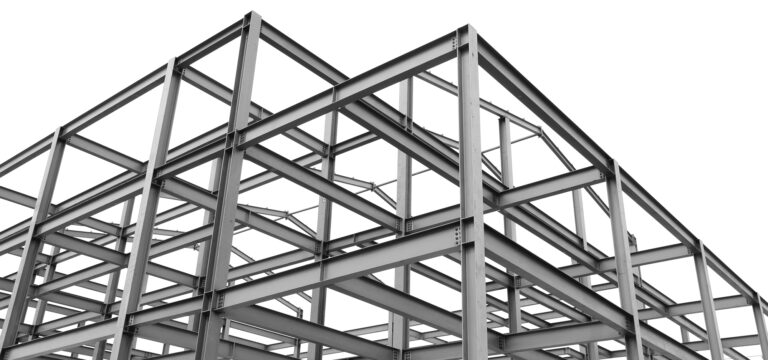
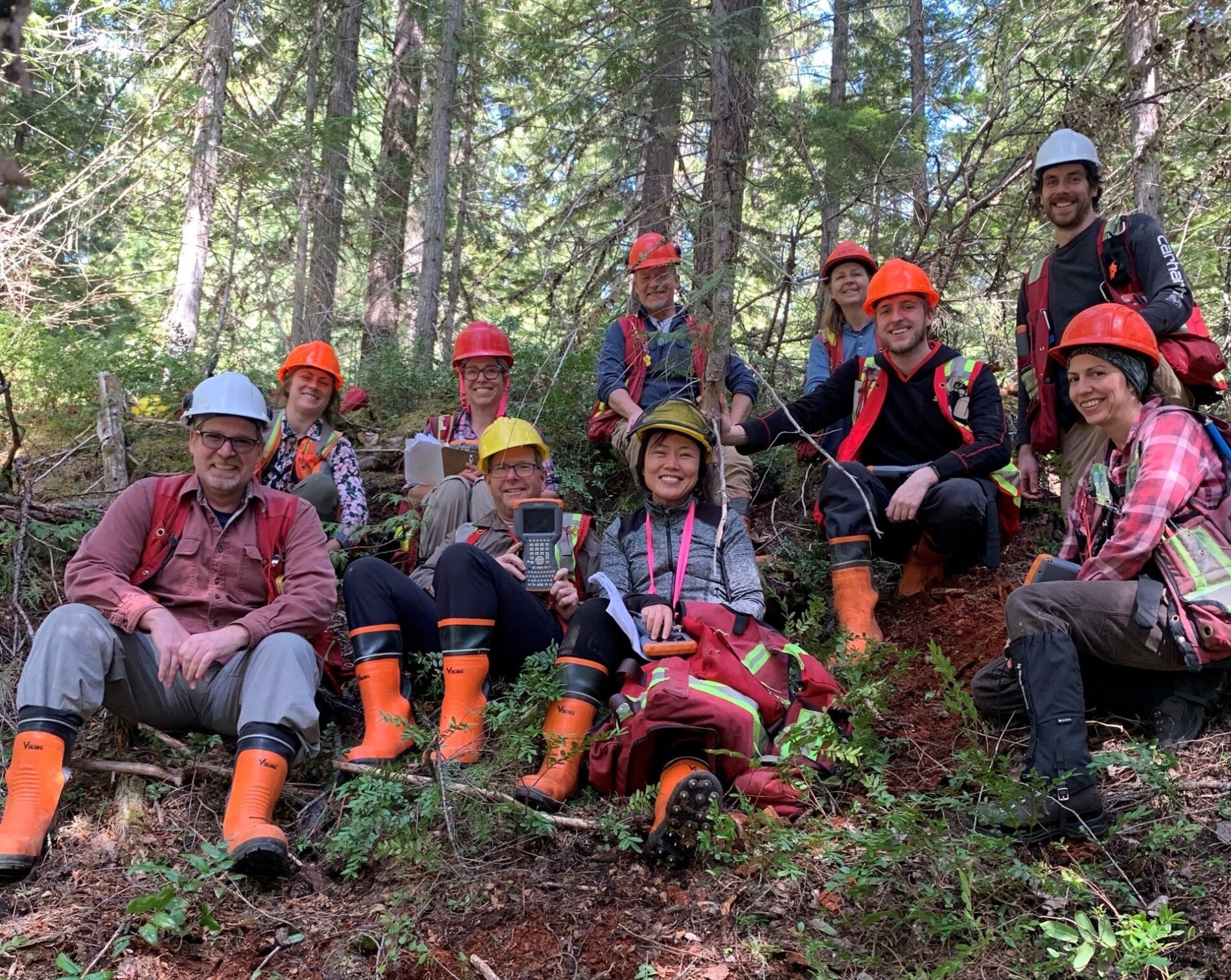

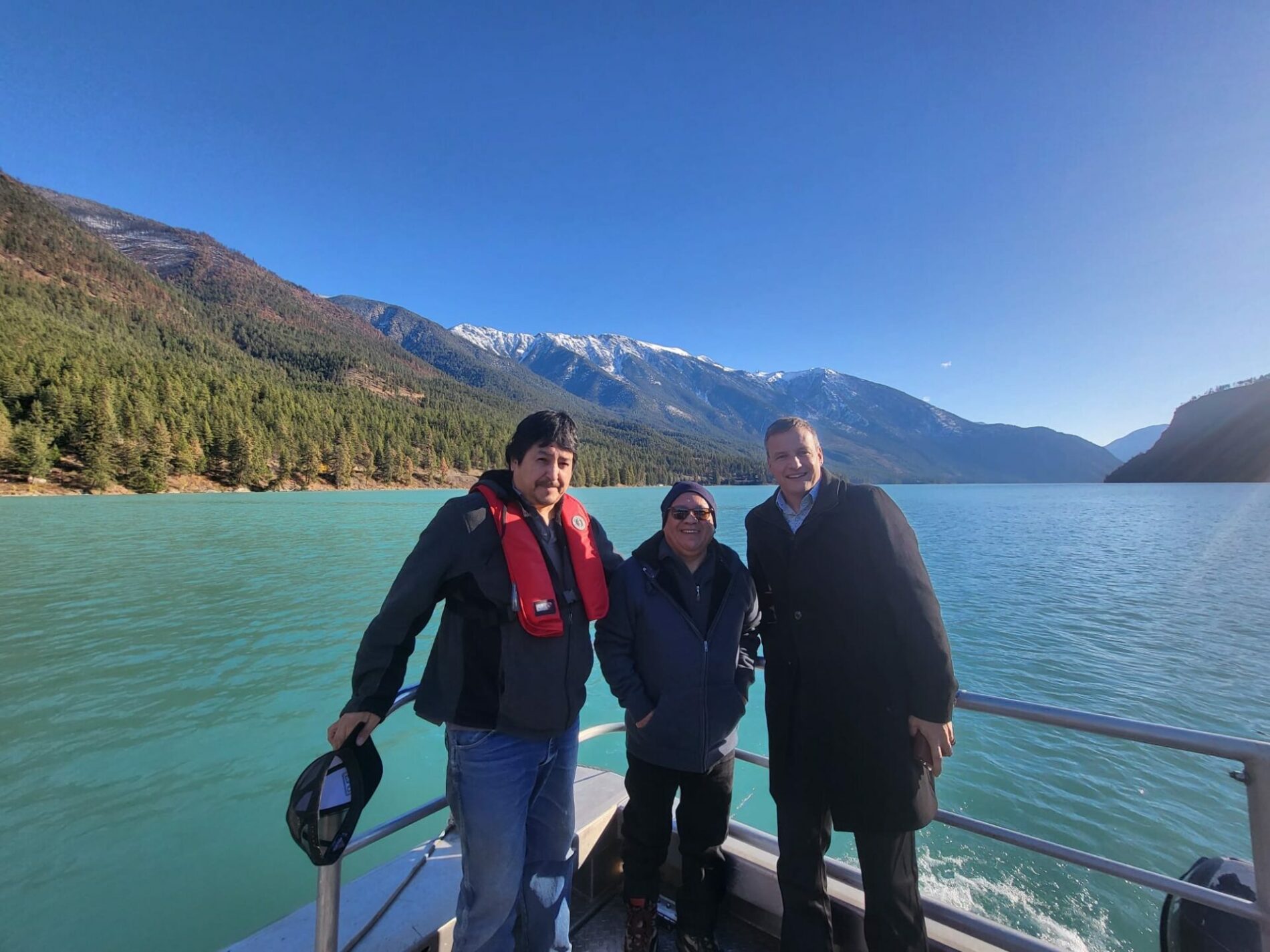
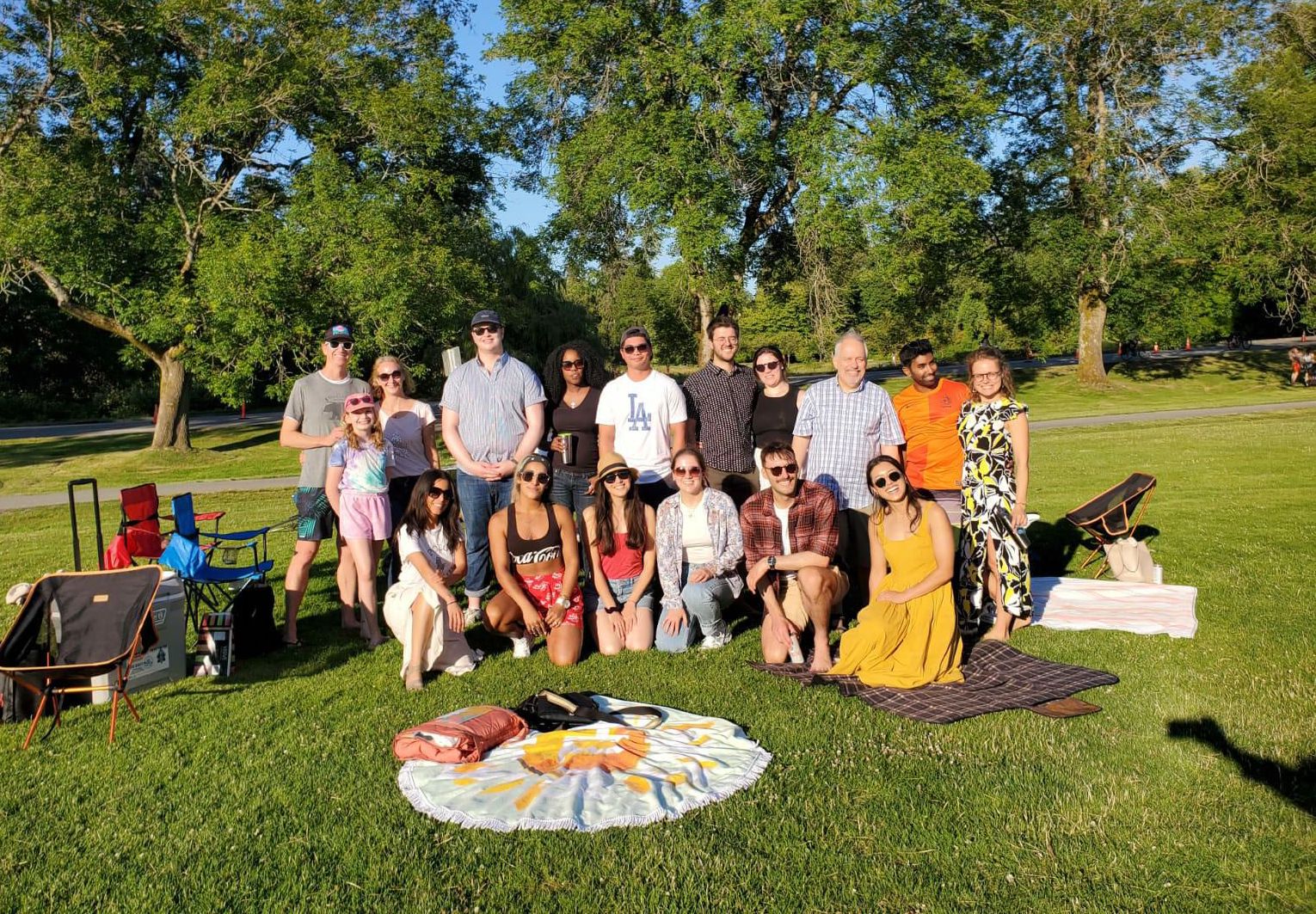
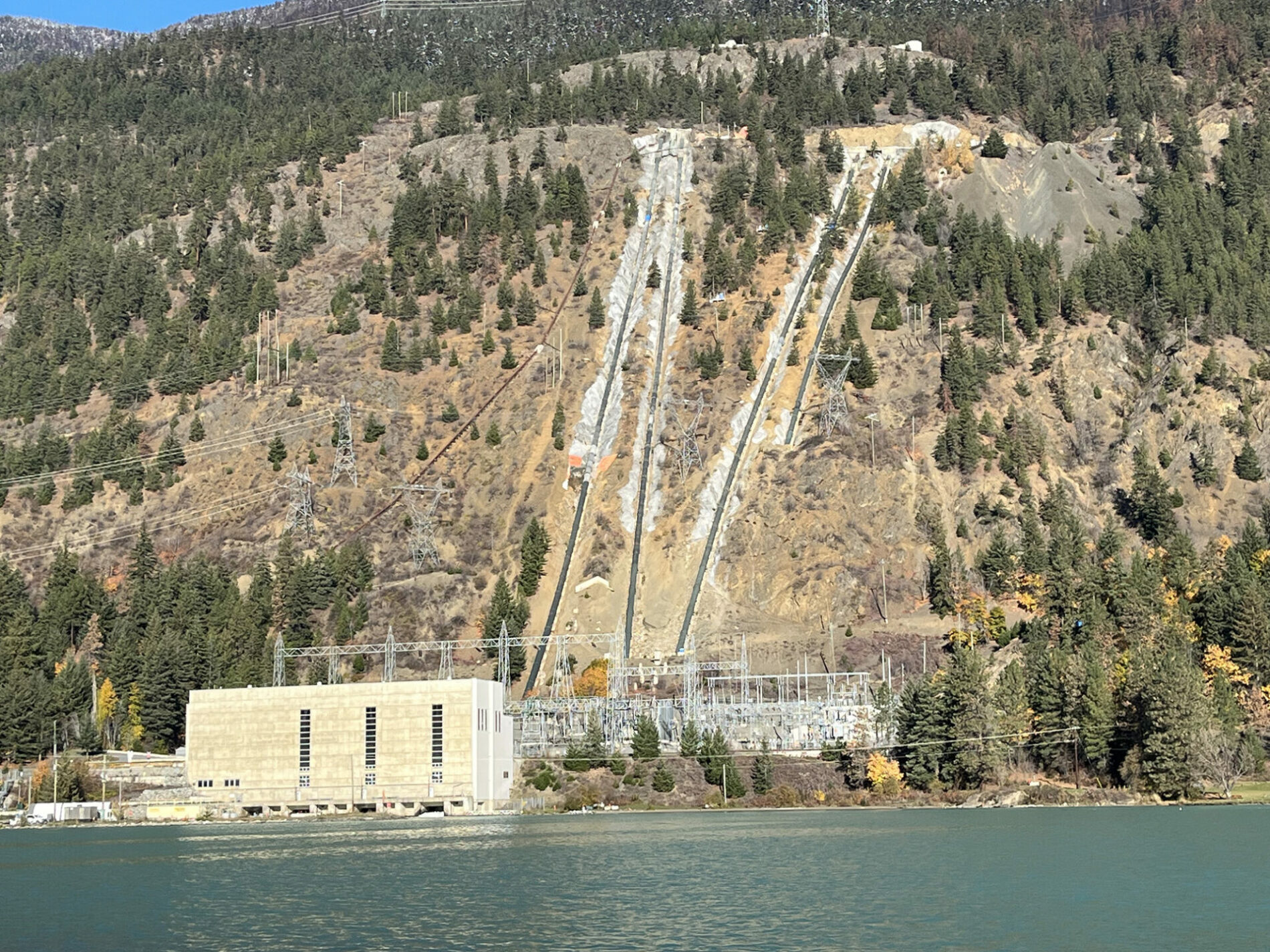
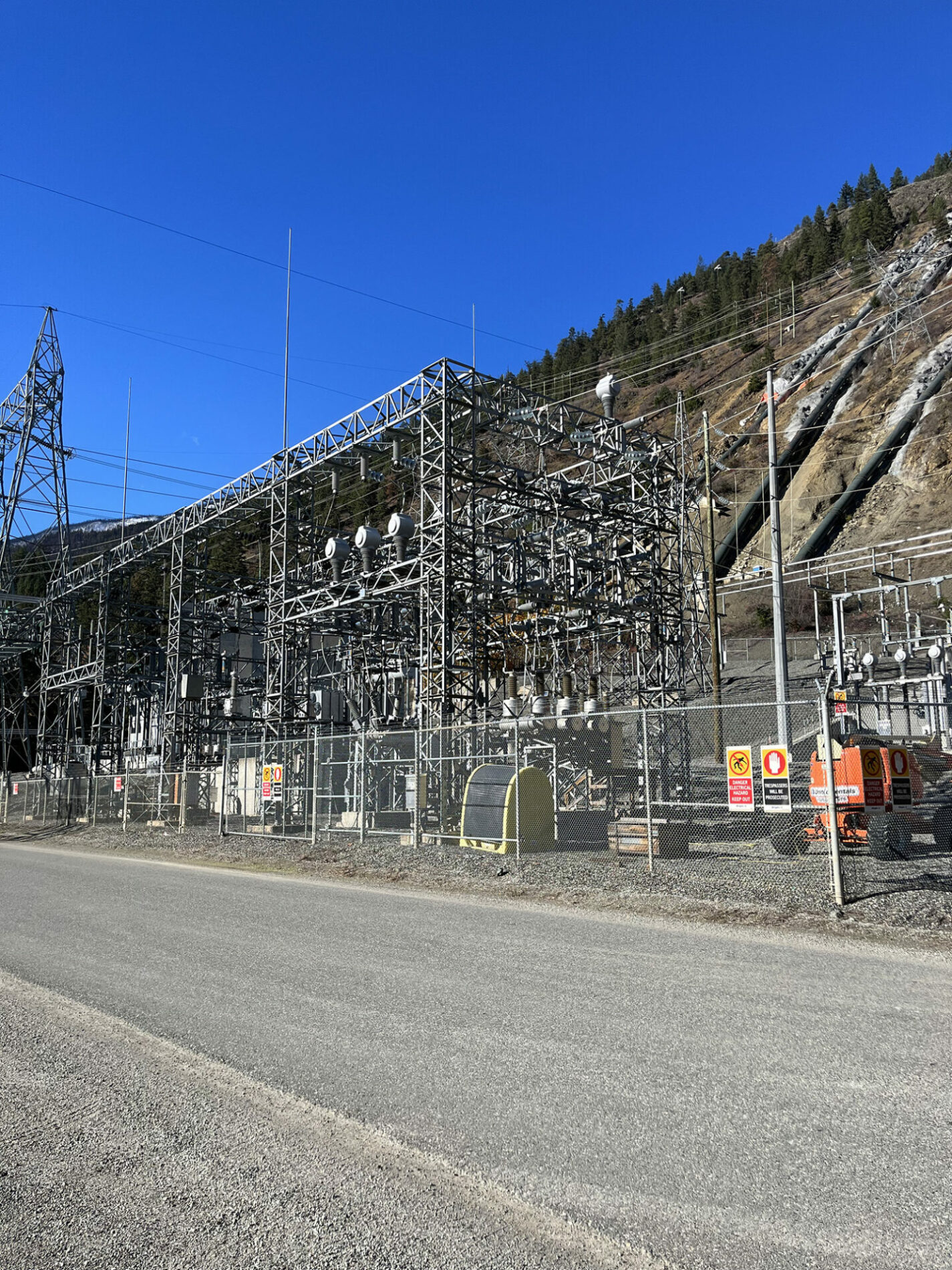
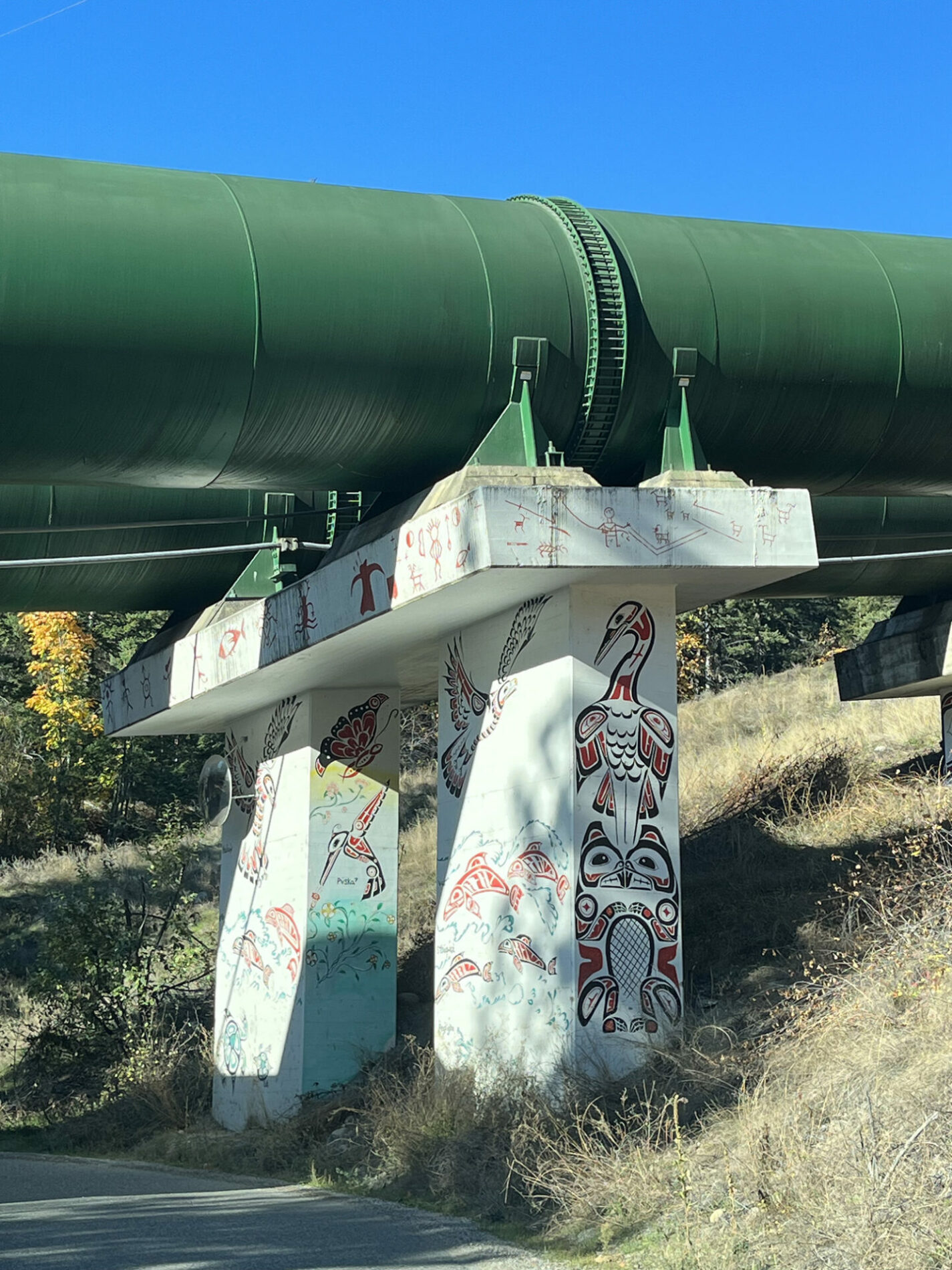
![bd579736-a178-41be-90db-b4c431a9867e[1] copy](https://www.apeiron-construction.com/wp-content/uploads/2024/04/bd579736-a178-41be-90db-b4c431a9867e1-copy-768x576.jpg)
